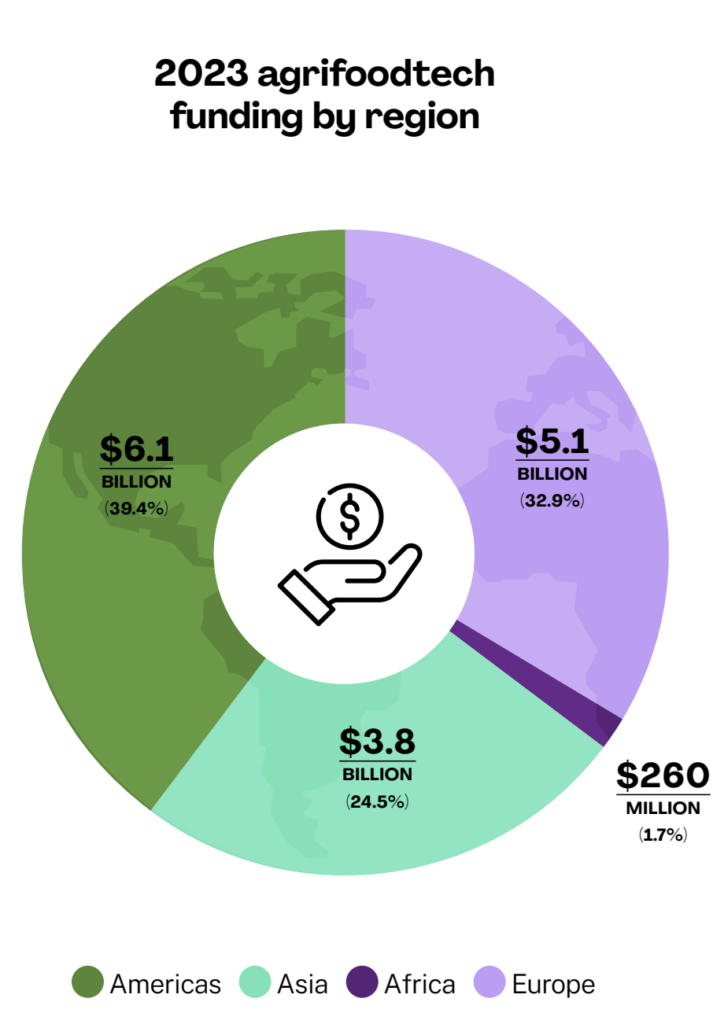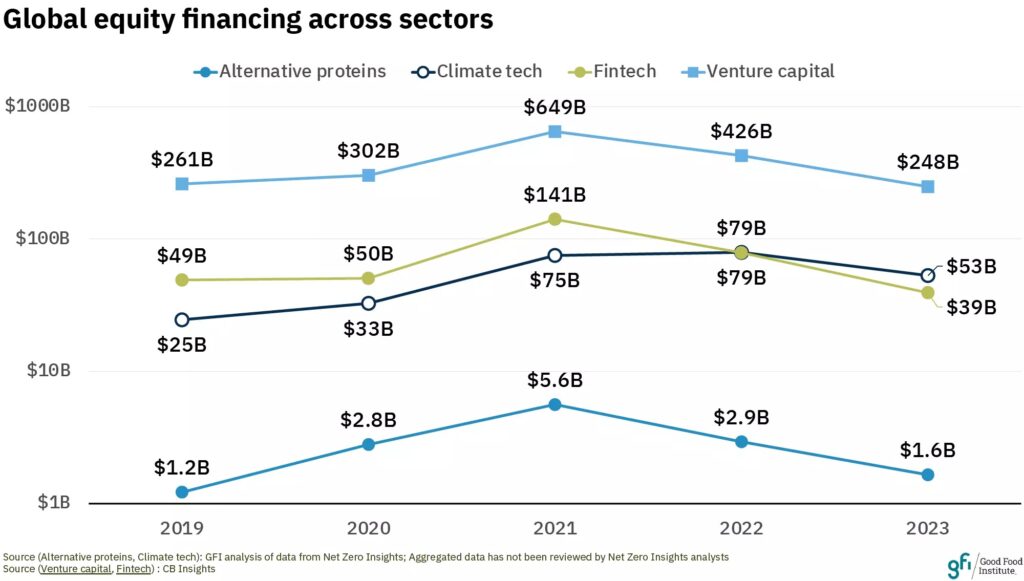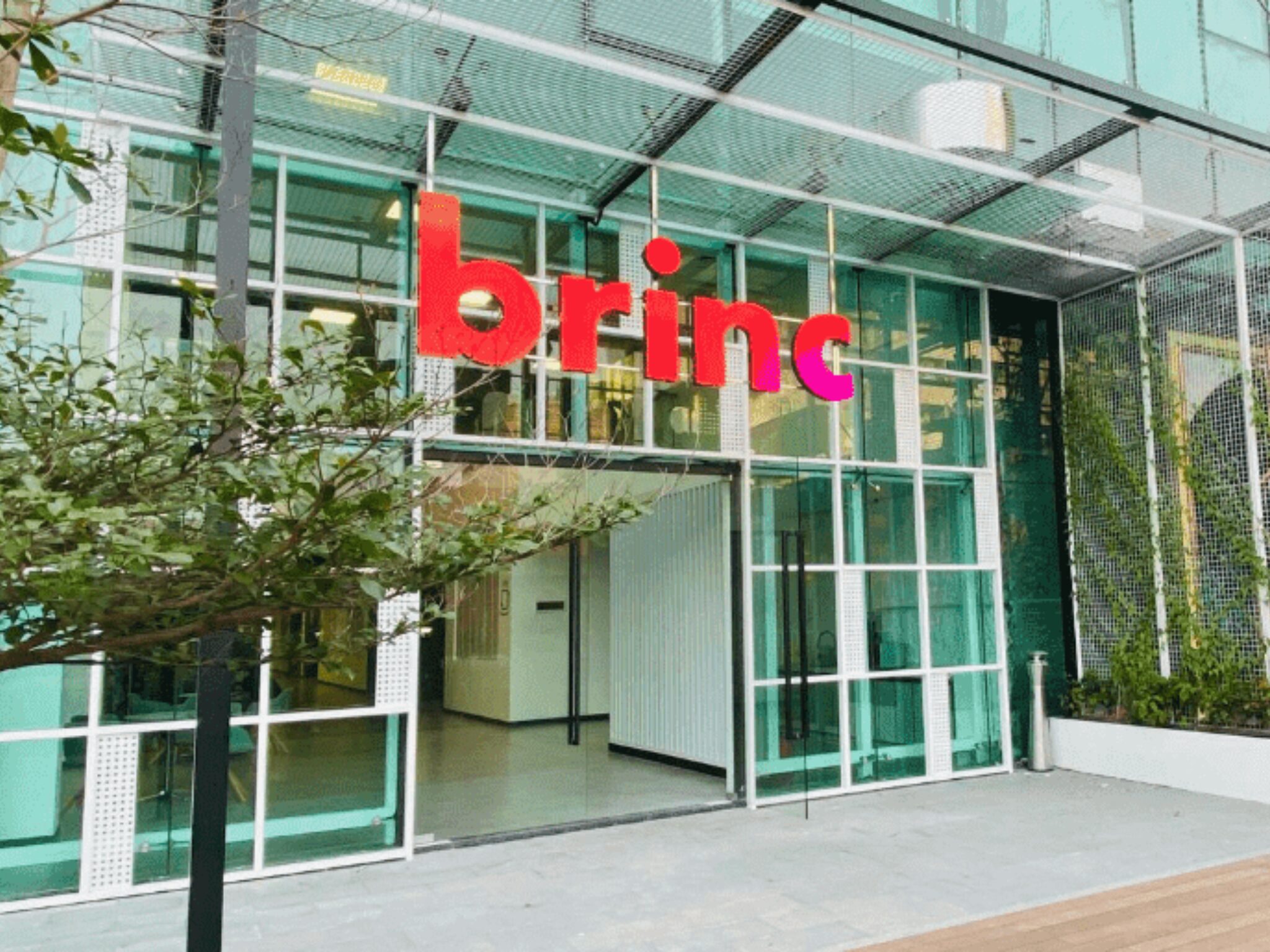5 Mins Read
Alternative protein network GlassWall Syndicate will now be hosted by global venture capital and accelerator firm Brinc, expanding its realm in Asia-Pacific and towards other sub-verticals.
Hong Kong-headquartered VC and accelerator firm Brinc has announced that it will now host GlassWall Syndicate (GWS), a non-profit network of alternative protein investors.
The development will allow GWS to propel itself into its next phase of growth, expanding beyond alternative proteins into other climate-aligned verticals, and connecting with businesses outside North America. The investment group is open to individuals looking to make investments as low as $1,000, all the way to growth-stage firms exploring Series D deals upwards of US$100M.
“Collectively along with [executive director] Macy [Marriott] and the GWS leadership team, we will work to drive our joint mission forward of removing animals from our agricultural system and working on decarbonising our food systems,” said Manav Gupta, founder and CEO of Brinc, which now sits on GWS’s board.
Outlining the importance of investment syndicates, he added: “Syndicates can bridge during market downturns and ensure stable capital continues to flow into the right companies that are working to make a change, while macro factors continue to evolve and institutional investors become active again.”
Going beyond alternative proteins and spotlighting Asia

Founded in 2017, Kansas-based GWS was initially spearheaded by Stray Dog Capital and comprises high-net-worth individuals (HNIs), and VC and private equity firms, supporting investors in the sustainability space through deal flow access, early-access industry data, exclusive reports, trend analysis, and networking opportunities.
Last year, it launched the Emerging Growth Consortium, a body of late-stage industry investors, with alternative protein think tank the Good Food Institute as a knowledge partner.
Brinc, meanwhile, is a global VC leader with offices in India, Singapore, China, Japan, and the Middle East and North Africa. It operates 10 multidisciplinary accelerator programmes across seven countries, helping startups focused on climate and agritech, blockchain tech, AI, robotics, and more. Since its inception in 2014, Brinc has invested in 241 startups across 48 countries.
By combining their services, Brinc will support GWS’s strategic expansion beyond alternative proteins to include sub-verticals like climate adaptation, advanced materials, circular economy, carbon capture, utilisation and storage, clean energy, mobility, and agriculture. GWS aims to uncover new investment opportunities to increase capital towards the climate tech sector, where funding declined by 40% last year.

It will also leverage Brinc’s extensive network in Asia-Pacific, India, and the Middle East to build connections with startups and investors outside North America. “It will complement our joint networks in the US and beyond, as we can scale existing Brinc community members to learn about GWS and join the platform as members, actively contributing to the mission and also investing in deals,” Gupta told Green Queen.
“Asia is a rapidly growing market – scaling urbanisation presents a more urgent need for sustainable and secure food solutions. Asia is a very diverse and fragmented market as well, with unique and distinct cultural preferences requiring more tailored and targeted solutioning,” he added. “Brinc and GWS believe that investing and supporting Asia’s growth is challenging but if done right, it can create solutions that will scale and have a far-reaching impact not just regionally, but globally, as the region also possesses all the natural resources and manufacturing capabilities for scale.”
“We must continue building a platform that serves the unique needs of founders, investors, nonprofits, and other collaborators who drive transformational change,” said Marriott. “Just as the problems we’re collectively tackling are ever-evolving, so are the needs of the people at the forefront.”
Food tech investments will recover in the long term

Brinc’s partnerships entail large corporations, government bodies, and academic institutions, which it says emphasises its ability to adapt to different ecosystems. The VC firm is hoping to expand its network and double down on other verticles that tackle decarbonisation.
The agrifood tech sector witnessed a significant downturn in VC funding last year, decreasing by nearly 50% as it reached a six-year low, according to one estimate. Separate research put that decline at 61% for food tech, and 44% for alternative proteins. Gupta ascribed this to “macro and perceptionary factors” in a still-evolving sector.
“A lot of capital has transitioned to the decarbonisation/climate umbrella, of which food is a major part,” he said. “Deals are still getting done, but not at the speed and scale at which they were being done a few years ago.” But he pointed to the “positive regulatory movement towards adoption and good R&D progress” in the industry as a sign of its long-term potential to fix the food system and enhance food security across the world.
“Regulatory support, R&D progress and price point obtainment will continue to drive long-term consumer interest and adoption, which, in turn, will bring more financing to the sector,” he suggested. “Further alignment of this category under a climate umbrella, and a recognition that we cannot address the challenges of climate change or needs of decarbonisation without transforming our multitrillion-dollar food industry, are also key. Deforestation, animal grazing, etc. all need to end for a true and meaningful impact to carbon emissions.”

He added: “Founders and stakeholders need to continue to focus on innovation, consumer and regulatory education and provide transparency in product development. Investors will continue to look at long-term market demand, strong R&D capabilities and robust business models.”
And as for the short term, that’s where the private market comes in. “Private market investors including HNIs, angels, etc., who are also mission-driven and aligned towards this change they want to see,” he said. “And this is one of Brinc’s main motivations around bringing GWS into the fold and also launching its AngelList syndicate recently, as it will permit scalable funding into good quality deals through distributed funding.”
Now, Brinc is raising a Series C round with a $50M target, which is expected to close this year. It will use the capital to scale its tech platform and services, enter new markets and scale further into fund management through acquisitions.
Disclaimer: Brinc is a sponsor of the Green Queen Future Food Weekly LIVE podcast.



